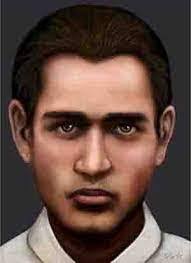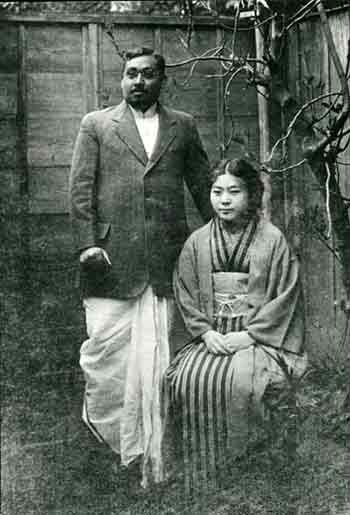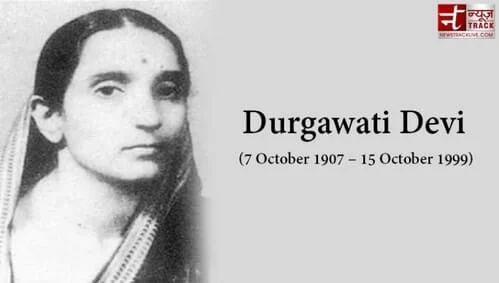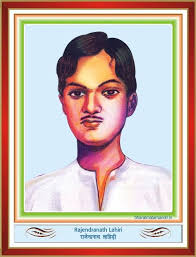In the annals of Indian history, few figures loom as large and consequential as Vallabhbhai Patel, affectionately known as Sardar Patel, the Iron Man of India. Born on October 31, 1875, in Nadiad, Gujarat, Patel emerged as a towering statesman, a steadfast nationalist, and a unifier who played a pivotal role in shaping the destiny of a newly independent India. His legacy resonates through the fabric of Indian society, marked by his unwavering commitment to the ideals of unity, integrity, and nation-building. This essay delves into the life, contributions, and enduring impact of Sardar Patel in shaping the modern Indian nation.
Early Life and Education
Patel hailed from a humble background, born into a family of farmers. Despite limited means, he pursued his education with diligence, eventually studying law in England, a journey that shaped his political consciousness and honed his skills as a leader. Inspired by the nationalist fervor sweeping India at the turn of the 20th century, Patel returned to his homeland, setting the stage for his remarkable political career.
Political Awakening and Role in the Independence Movement
Entering politics during the tumultuous years of British colonial rule, Patel quickly established himself as a formidable force. His deep commitment to Gandhian principles of non-violence and civil disobedience propelled him to the forefront of the Indian National Congress, where he emerged as one of Mahatma Gandhi’s most trusted lieutenants. Patel played a pivotal role in organizing various mass movements, including the historic Salt March of 1930, which galvanized millions of Indians in their struggle against British imperialism.
Architect of Indian Unity: Integration of Princely States
Perhaps Patel’s most enduring legacy lies in his role as the architect of Indian unity. Following India’s independence in 1947, the subcontinent was partitioned into India and Pakistan, leading to widespread violence and displacement. Amidst this chaos, Patel was tasked with the monumental challenge of integrating over 500 princely states into the newly formed Indian Union. Through a combination of astute diplomacy, firm resolve, and strategic negotiation, Patel successfully persuaded these disparate entities to accede to India, thus ensuring the territorial integrity of the nation.
Administrative Reforms and Nation-Building
As India’s first Deputy Prime Minister and Home Minister, Patel played a pivotal role in laying the foundations of a robust administrative framework. His visionary leadership was instrumental in drafting the Indian Constitution, which enshrined the principles of democracy, secularism, and social justice. Patel’s emphasis on grassroots governance and decentralization paved the way for the establishment of Panchayati Raj institutions, empowering local communities and fostering participatory democracy.
Legacy and Impact
Sardar Patel’s legacy transcends the boundaries of time, enduring as a beacon of hope and inspiration for future generations. His indomitable spirit, unwavering integrity, and statesmanship continue to inspire leaders across the globe. The Statue of Unity, erected in his honor in Gujarat, stands as a testament to his towering stature and enduring legacy.
In conclusion, Sardar Vallabhbhai Patel’s contributions to the Indian independence movement and nation-building efforts are immeasurable. From his humble beginnings to his ascent as one of India’s most revered statesmen, Patel’s life exemplifies the triumph of perseverance, courage, and conviction. As India marches forward on the path of progress and development, the spirit of Sardar Patel remains eternally enshrined in the collective consciousness of the nation, guiding successive generations towards a brighter future.






